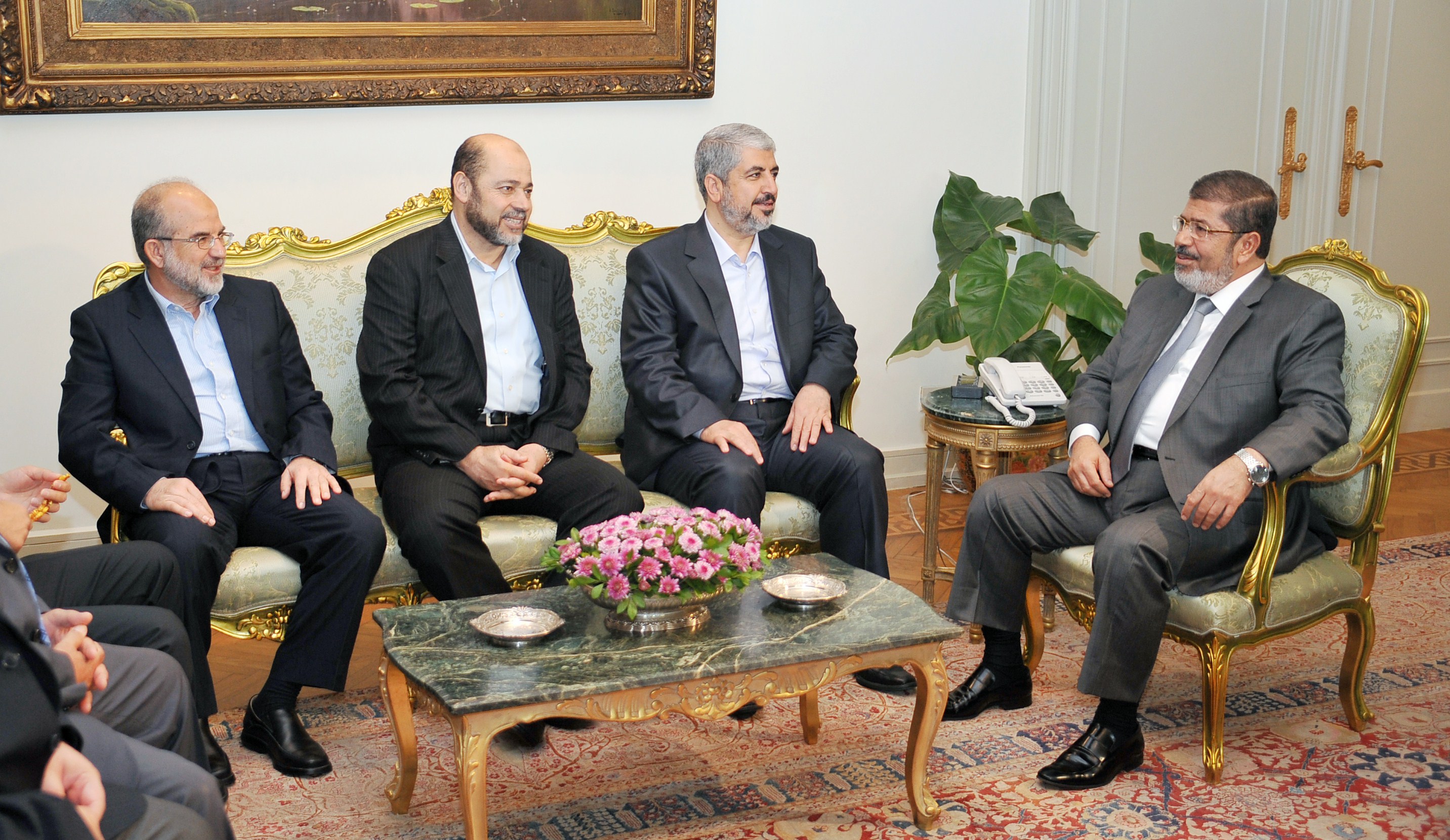CAIRO: The new anti-terrorism law needs further examination and may not be presented to the Shoura Council and People’s Assembly during the upcoming parliamentary session, said Mufid Shehab, Minister of State for Legal Affairs and Parliamentary Councils in a statement.
According to the Middle East News Agency (MENA) Shehab said, “We want to present a law without any loopholes.
He added that the committee responsible for preparing the legislative agenda has been preoccupied with a number of other draft laws that are of higher priority.
Said draft laws include the nuclear energy law and the controversial media law, which is set to establish a national council regulating radio and television broadcasts.
The ministerial committee, headed by Shehab, has been working on the legislative agenda since the beginning of August to have it ready to present to the Shoura Council and the People’s Assembly (PA) at the upcoming parliamentary session scheduled to start in November.
The agenda includes at least six draft laws, according to MENA.
Shehab said in the statement that the committee will try to finish the draft law and present it before the parliamentary session is over. Mohamed Habib, deputy leader of the Muslim Brotherhood, said this will only hasten its discussion and approval by the PA.
At the same time, Habib did agree that the new anti-terrorism law has to be studied thoroughly and revised before being presented to the Shoura Council and PA.
All of the constitutional amendments approved in the national referendum in March 2007 should also be revised, he added, “because they place all the citizens and individuals in the country under suspicion and give the authorities more power over the people.
Analysts think it is too early to tell whether the contentious anti-terrorism law would be discussed at the upcoming parliamentary session.
“This is way ahead of time, no one can determine right now what new laws will be discussed in the next session or whether they will have enough time to discuss them thoroughly, said Waheed Abdel Meguid from Al Ahram Center for Political and Strategic Studies.
The new anti-terrorism law is part of the constitutional amendments approved in the national referendum in March 2007. It has sparked controversy among opposition and human rights groups since Prime Minister Ahmed Nazif formed a committee responsible for drafting the law to combat terrorism back in March 2006.
The Egyptian Initiative for Personal Rights (EIPR) published a report citing seven risks the new anti-terrorism law poses on human rights, including the use of broad and vague language and definitions as well as excessive or impermissible derogations from human rights obligations.
EIPR said the law could also undermine the absolute prohibition against torture and ill-treatment, abusive arrest and detention policies; violate due process rights, and fair trial guarantees, restrict freedom of expression to criminalize incitement of terrorism and lead to arbitrary and unlawful interference with the right to privacy.
The postponement of the anti-terrorism law leaves the emergency law in place.
“Comparing the emergency law to the new anti-terrorism bill is like comparing Satan to the Devil: both are damned, said Habib, adding that this is due to the government’s lack of transparency and clarity as well as the ambiguity of the laws.

